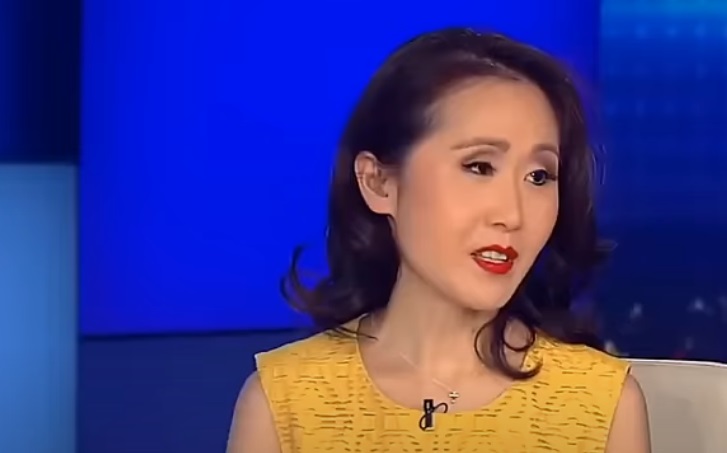Democrat National Committee official Lindy Li has stirred speculation surrounding President Joe Biden’s recent push for an insider trading ban, drawing connections to former House Speaker Nancy Pelosi and their complicated political history. Li suggested that Biden may have a personal grievance against Pelosi, who has been associated with insider trading, having built a substantial wealth through savvy investments, particularly in technology stocks. This speculation emerged during Li’s appearance on Fox News @ Night, where she discussed the implications of Biden’s stance on insider trading, indicating that there may be underlying motives tied to party dynamics and individual relationships in Congress.
The context of this speculation is significant, as it touches upon Biden’s perceived slight at the hands of Pelosi and others in the political establishment. Li’s comments were fueled by reports that noted Jill Biden, the First Lady, is feeling “vengeful” towards those who urged her husband to withdraw from his presidential campaign in July. The notion that Jill Biden wants to “burn the whole thing down” reflects the frustration that has emerged from the couple’s challenging navigation through political obstacles during their time in office. According to this narrative, the escalating tension within the party may have reached a boiling point, leading to Biden’s unexpected stance on Congress members trading stocks based on insider information.
During the Fox News segment, Li indicated that Biden’s long-awaited push for an insider trading ban is not merely a policy decision but a calculated retaliation. She opined that it has taken Biden decades to arrive at this point, but it is now motivated by a desire to hold Congress accountable for trading on information that the general public does not have access to. Li’s assertion directly implicates Pelosi, pointing to her status as a figure seen as “notorious” for exploiting insider information to enhance her considerable wealth. This characterization paints a picture of discord not only between Biden and Pelosi but also within the broader Democratic Party as factions vie for influence and direction.
The notion of insider trading among members of Congress has long been a contentious topic. Critics argue that lawmakers should not capitalize on privileged information that is not available to the average citizen, reflecting a deep-rooted concern over ethical standards in politics. By calling for an insider trading ban, Biden ostensibly aligns himself with those advocating for reform, yet Li’s comments suggest that this initiative carries a personal undertone stemming from intra-party rivalries. According to Li, Biden’s new focus could be interpreted as a strategic move to redefine the narrative of accountability among his peers by directly targeting Pelosi’s actions.
As the discussion continued on Fox News, the implications of Li’s accusations became more pronounced, underscoring the precarious balance of power within the Democratic Party. Biden’s push against insider trading could serve as a rallying cry for those who believe in greater transparency and fairness in governance. However, it could also intensify existing divisions, as party members reassess their loyalties and positions amid allegations of financial impropriety. The complexities of Biden’s relationships with Pelosi and other influential figures in the party pose questions about the future cohesion of the Democratic Party, especially leading into significant electoral events.
Ultimately, Lindy Li’s insights reveal a layered narrative involving personal grievances, ethical considerations, and the underlying tensions within the Democratic Party. While Biden seeks to reposition himself as a champion of accountability, the motivations and ramifications of his actions suggest a deeper struggle within the party, driven by individual ambitions and historical conflicts. As the Biden administration navigates these tumultuous waters, the outcome of such internal disputes could have lasting consequences, shaping not only the President’s legacy but also the future course of the Democratic Party in the political landscape.

